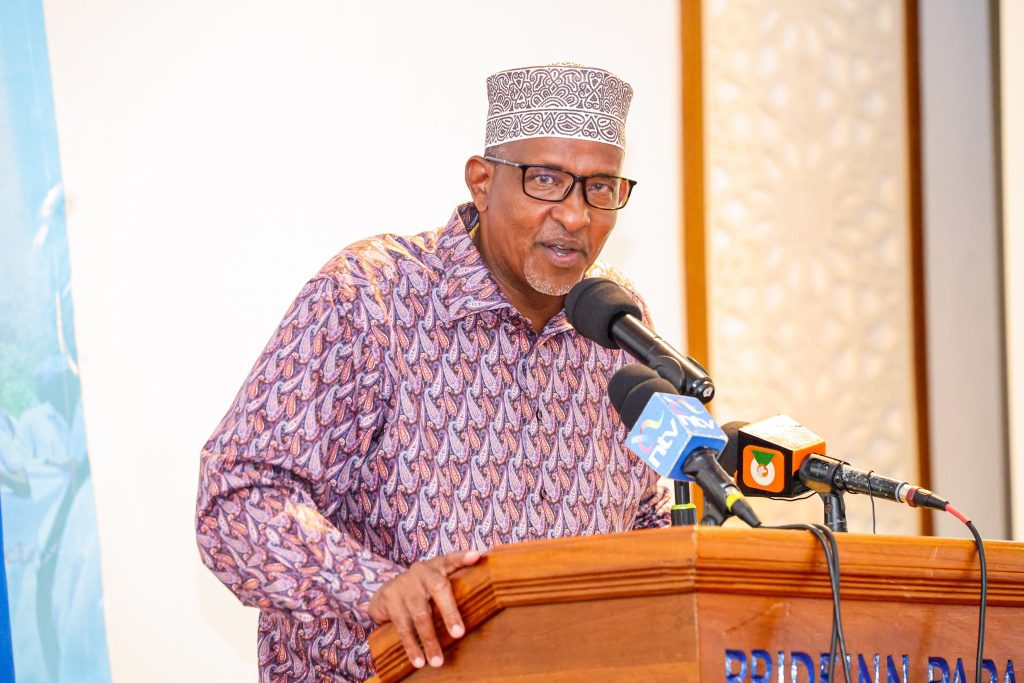The 2025 UEFA Super Cup in Udine, featuring Paris Saint-Germain and Tottenham Hotspur, became a platform for humanitarian advocacy when UEFA displayed a banner reading “Stop killing children. Stop killing civilians.”
The UEFA Super Cup banner, part of the UEFA Foundation for Children’s initiative, was complemented by the participation of two Palestinian refugee children, including 12-year-old Tala, in the medal ceremony alongside President Aleksander Čeferin.
The event, held at the eco-friendly Stadio Friuli, has driven searches for “UEFA Super Cup banner 2025” and “Palestinian children UEFA event,” but sparked polarised reactions online, with accusations of hypocrisy.
The banner, prominently displayed during the match, aimed to highlight the UEFA Foundation’s commitment to protecting vulnerable children, particularly in conflict zones like Gaza.
Tala, a Palestinian refugee, joined Čeferin in presenting medals, a gesture praised by supporters for amplifying humanitarian causes. The initiative follows UEFA’s €10,000 fine on PSG for a pro-Gaza banner during a Champions League match, deemed “inappropriate” for sports.
Critics, including on X, argue this reflects selective enforcement, noting UEFA’s swift sanctions on Russian teams post-Ukraine invasion but no similar actions against Israeli teams amid ongoing Middle East conflicts.
The Super Cup, hosted in a stadium powered by 2,409 solar panels, was meant to showcase football’s unifying power. However, the UEFA Super Cup banner and Tala’s involvement shifted focus to geopolitical tensions.
Posts on X accused UEFA of “virtue signalling” while ignoring calls to ban Israeli clubs, referencing the 2019 Christchurch shooter’s Australian ties as a broader context for selective outrage. Supporters praised the inclusion of Palestinian children as a bold humanitarian statement, aligning with UEFA’s multicultural ethos.
The event’s global broadcast amplified its impact, with searches for “UEFA humanitarian advocacy 2025” rising. Critics highlight UEFA’s inconsistent sanctions, noting Russia’s exclusion from competitions since 2022, while Israel faces no equivalent measures despite documented civilian casualties in Gaza.
The Fortuna Düsseldorf case, where fan pressure cancelled a controversial deal, underscores the power of public backlash. UEFA’s silence on banning Israeli teams has fueled demands for stronger action, with some alleging external pressures shape its policies.
The Foundation’s work, including aid for refugee children, remains a focal point, but the banner’s message has divided fans. As the UEFA Super Cup banner controversy unfolds, the inclusion of Palestinian children like Tala highlights football’s potential as a humanitarian platform.
However, accusations of hypocrisy persist, with critics demanding consistent sanctions. Searches for “UEFA Super Cup banner meaning” reflect public curiosity, as fans grapple with the balance between sport and advocacy.
The UEFA Super Cup banner, paired with Tala’s ceremonial role, has sparked vital conversations about civilian protection. Yet, UEFA’s selective sanctions fuel doubts, with X users calling for fairness in addressing global conflicts.
The event’s legacy hinges on UEFA’s response to these criticisms. The UEFA Super Cup banner and Palestinian children’s involvement have elevated humanitarian advocacy in football, but questions linger over UEFA’s impartiality.
Critics argue for bold actions, like banning Israeli teams, to match the banner’s message. Public demand for clarity grows. To conclude, the 2025 UEFA Super Cup banner in Udine, proclaiming “Stop killing children. Stop killing civilians,” alongside Tala’s participation, transformed the event into a humanitarian stage.
The UEFA Super Cup banner controversy, amplified by mixed online reactions, shows tensions over UEFA’s selective sanctions. As searches for “UEFA Super Cup banner 2025 updates” soar, the organisation faces pressure to align its actions with its advocacy, ensuring football remains a force for unity and justice.















